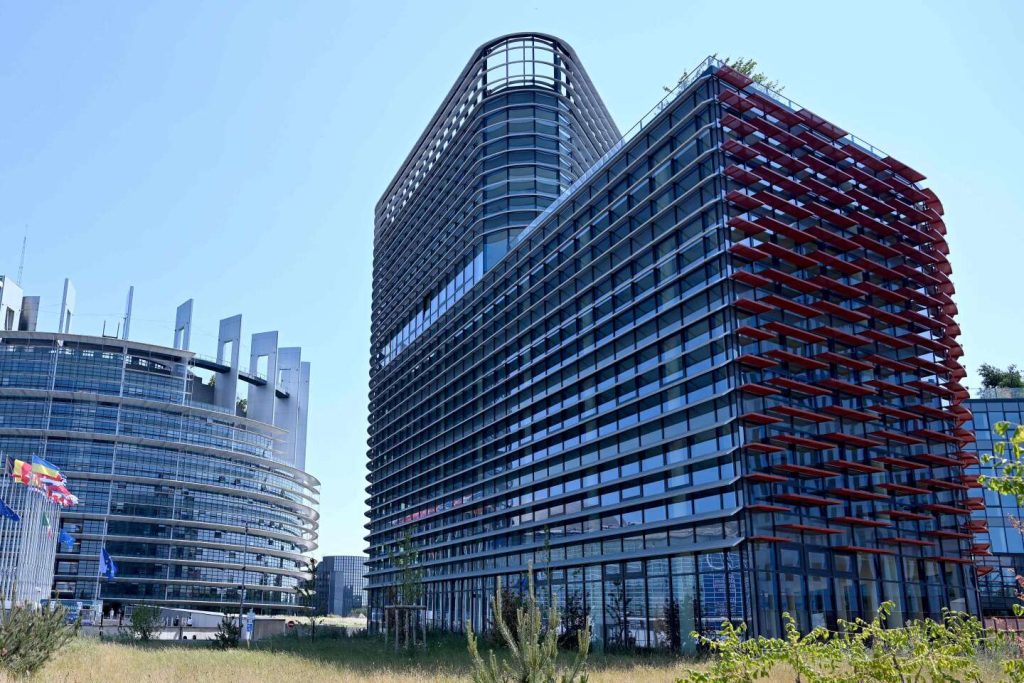The European Parliament elections for the 10th legislature (2024-2029) will take place in the European Union from June 6th to June 9th, with the date varying by country. In France, the election will occur on Sunday, June 9th. France has 81 seats in the European Parliament, two more than before due to the redistribution of seats after the UK left the EU in 2020. Twenty-two lists have been declared for the election, and the official campaign will start two weeks before the election on May 27th.
The main French political parties have already held or are planning to hold their campaign launch meetings in preparation for the upcoming election. Candidates and media outlets have already started discussing and covering the election. The campaign period is an important time for candidates to present their platforms and engage with voters. The election process is a significant event for the European Union as it determines who will represent the citizens in the European Parliament for the next five years.
As the election date approaches, there are key dates and milestones to be aware of, such as the deadline for registering on electoral lists, the period of reserve, the announcement of the first results, and the beginning of negotiations in the European Parliament. The lead-up to the election is a crucial time for candidates to connect with voters and make their case for why they should be elected. Each country in the EU has its own unique electoral system, but all ultimately contribute to shaping the political landscape of the European Union.
The European Parliament elections are an opportunity for citizens to have a say in the direction of the EU and to choose representatives who will advocate for their interests. With the increasing fragmentation of political parties and the rise of populism in some countries, these elections are particularly significant in shaping the future of the EU. Voter turnout is an important factor in the success of the elections, as higher participation rates lead to a more representative European Parliament that reflects the diversity of views and opinions across the continent.
In the lead-up to the European Parliament elections, candidates will be focusing on key issues such as immigration, climate change, economic growth, and security. The outcome of the elections will have a significant impact on the policies and direction of the EU over the next five years. As the campaign intensifies, voters will have the opportunity to learn more about the candidates and their positions on various issues, allowing them to make informed decisions when casting their votes. Ultimately, the European Parliament elections are a crucial democratic process that allows citizens to shape the future of the EU and its policies.


